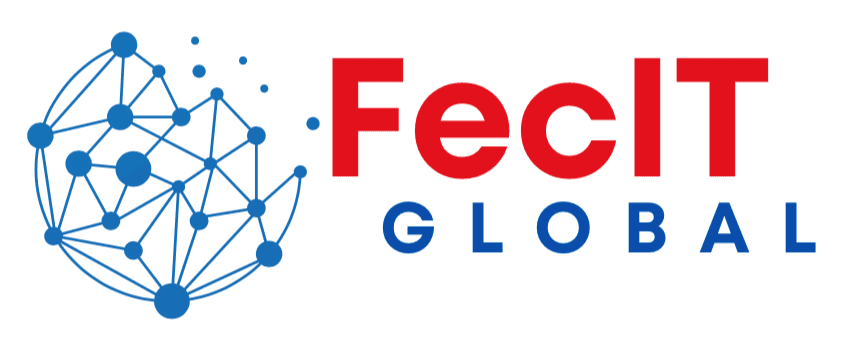In the digital age, data is one of the most valuable assets a business can possess. With increasing cyber threats and stringent regulatory requirements, ensuring robust data protection and privacy has never been more critical. ISO 27001, the international standard for information security management, provides a comprehensive framework to safeguard sensitive information. In this blog, we'll explore how ISO 27001 enhances data protection and privacy, helping organizations secure their data against potential threats.
Understanding ISO 27001
ISO 27001 is an internationally recognized standard that sets out the requirements for an Information Security Management System (ISMS). It helps organizations systematically manage and protect their information assets, ensuring the confidentiality, integrity, and availability of data. The standard covers a wide range of controls, including policies, procedures, and technological measures designed to address various information security risks.
Key Ways ISO 27001 Enhances Data Protection and Privacy
Comprehensive Risk Management : ISO 27001 mandates a risk-based approach to information security. Organizations must identify and assess risks to their data and implement appropriate controls to mitigate them. This proactive approach ensures that potential threats are identified and addressed before they can cause harm, enhancing the overall protection of sensitive information.
Robust Access Controls : One of the critical aspects of data protection is controlling who has access to information. ISO 27001 requires organizations to implement strict access controls, ensuring that only authorized personnel can access sensitive data. This minimizes the risk of unauthorized access, data breaches, and leaks, safeguarding privacy.
Data Encryption : To protect data from unauthorized access and ensure its confidentiality, ISO 27001 advocates the use of encryption. Encryption converts data into a format that can only be read by individuals with the decryption key, making it significantly more challenging for unauthorized parties to access or misuse the data.
Regular Security Audits : ISO 27001 emphasizes the importance of continuous improvement and regular audits. Organizations must conduct internal and external audits to assess the effectiveness of their ISMS and identify areas for improvement. These audits help ensure that security measures are up-to-date and aligned with the latest threats and best practices.
Incident Response and Management : Despite the best preventive measures, security incidents can still occur. ISO 27001 requires organizations to have a well-defined incident response and management process in place. This ensures that any security breaches or data leaks are promptly detected, contained, and mitigated, minimizing the impact on data privacy.
Data Privacy Policies : ISO 27001 encourages organizations to develop and implement comprehensive data privacy policies. These policies outline how personal data should be handled, stored, and processed, ensuring compliance with data protection regulations such as GDPR. Clear policies help create a culture of data privacy within the organization, enhancing overall data protection.
Employee Training and Awareness
Human error is one of the leading causes of data breaches. ISO 27001 requires organizations to provide regular training and awareness programs for employees. Educating staff about data protection best practices, potential threats, and their roles in maintaining security helps create a vigilant and security-conscious workforce.
Benefits of ISO 27001 for Data Protection and Privacy
Regulatory Compliance
ISO 27001 helps organizations comply with various data protection regulations and standards, such as GDPR, HIPAA, and CCPA. By adhering to the ISO 27001 framework, organizations can demonstrate their commitment to data protection and privacy, avoiding potential legal issues and penalties.
Enhanced Customer Trust
Achieving ISO 27001 certification signals to customers that an organization takes data protection seriously. This enhances customer trust and confidence, making them more likely to engage with and remain loyal to the organization.
Reduced Risk of Data Breaches
Implementing the controls and practices required by ISO 27001 significantly reduces the risk of data breaches and cyberattacks. This proactive approach to security helps protect sensitive information from unauthorized access and misuse.
Improved Incident Management
With a well-defined incident response plan in place, organizations can quickly and effectively respond to security incidents. This minimizes the potential damage and ensures that any breaches are contained and resolved promptly.
